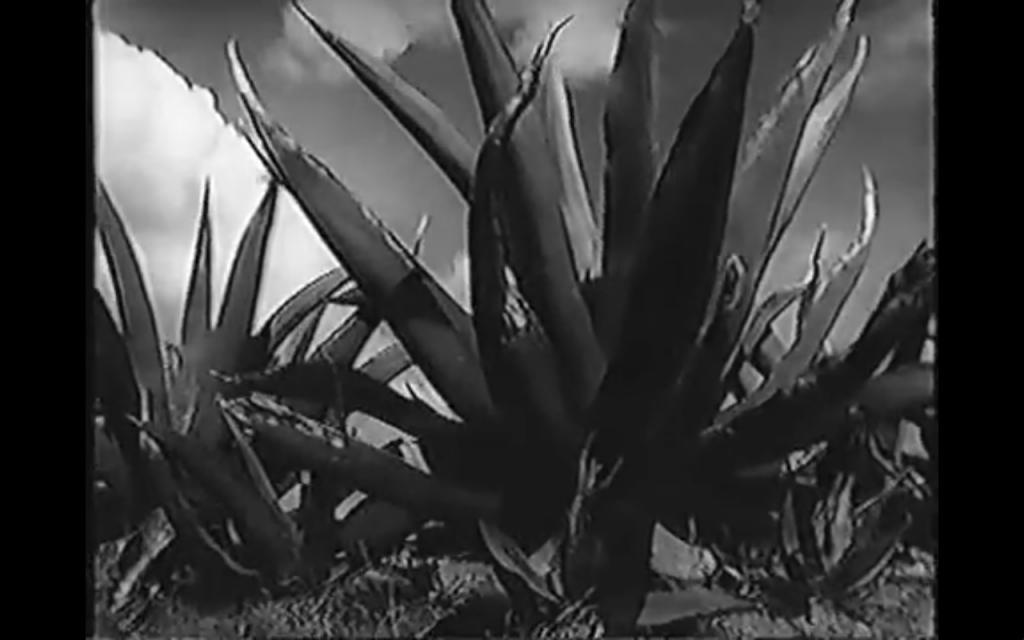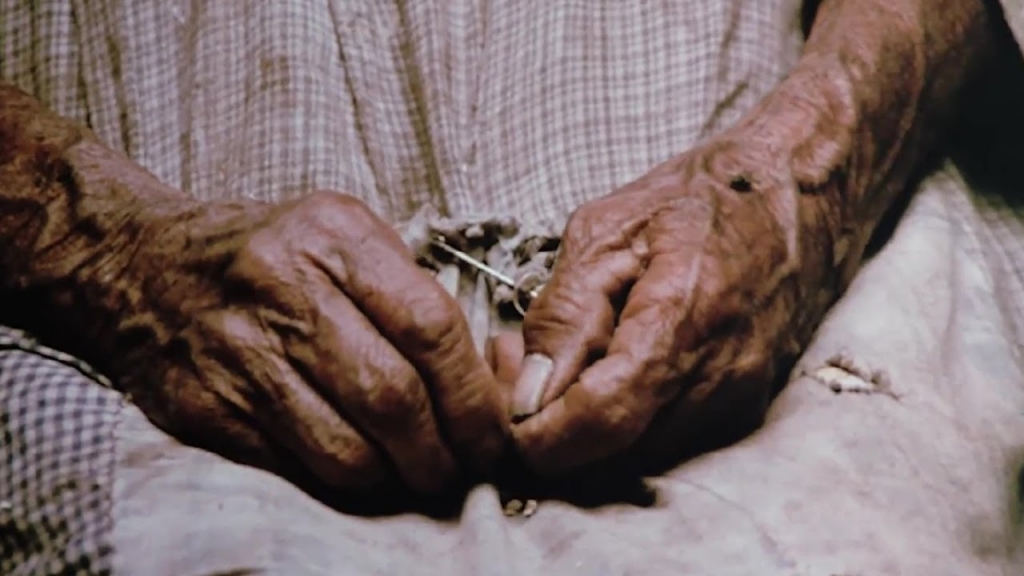Rubén Gámez: Re-imagining Mexico


Magueyes 
Los murmullos
(The Whispers)
Rubén Gámez (1928 – 2002) is one of the leading experimental directors in the recent history of Mexican cinema. Despite his relatively small body of work, his films are paradigms of independent cinema, the experimental format, and the creative process detached from the commercial sphere.
MAGUEYES & LOS MURMULLOS
introduced by Virginia Rico
VLAFF is pleased to screen two of Rubén Gámez’s short films, MAGUEYES (1962), where he explores the iconography of the maguey agave plant in Mexican cinematic history, and LOS MURMULLOS (The Whispers) (1974), which was conferred with Mexico’s most prestigious film award, the Ariel Award for Best Short Fiction. Both films will screen at The Cinematheque and be accompanied by a pre-recorded introduction by Mexican film historian Virginia Rico, who has done extensive research in the figure of this extraordinary filmmaker.
Free Admission. Limited seating.
*Not available for viewing online.
Screening will be held in-person at The Cinematheque on Monday, Aug 30 at 8:30pm. // Conversation with Virgina Rico Monday Aug 30 12:00hrs VLAFF FACEBOOK LIVE

Rubén Gámez was born on December 8, 1928 in Cananea, Sonora. After working in advertising, in 1964 Rubén Gámez wrote, directed, photographed, and edited his first medium-length film La fórmula secreta, a film that won him first prize in the Festival of the Experimental Film in Mexico City. Gámez went on to make numerous other experimental films, though his career contrasts with that of many other directors, since it wasn’t until the end of his life that he made his first and only feature film: Tequila (1992).

Virginia Rico Meneses earned a BA and MA in History from the Michoacán University of Saint Nicholas of Hidalgo in Morelia, Mexico, and is currently pursuing her PhD in Art History at UNAM, with a focus in Film Studies.
Her main areas of research are the history of Mexican cinema, experimental cinema, and the uses of images. Since 2013, Virginia has directed Ojo Libre, a project dedicated to alternative cinematographic exhibition, programming, cultural management, and the dissemination of Mexican cinema.
